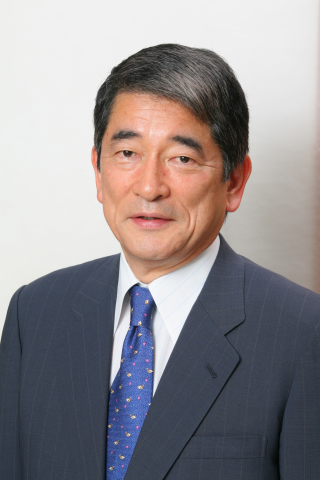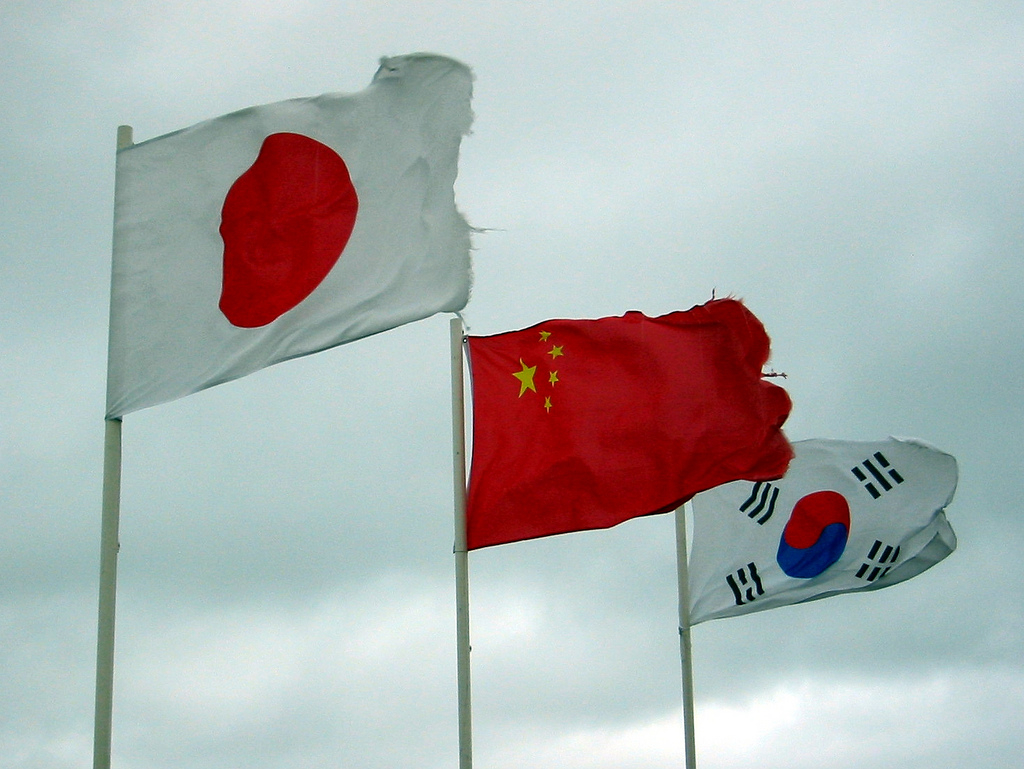
Practical information
Japan-China relations and Japan-South Korea relations, both very important pillars of international relations in East Asia, are instable and often fraught with bitterness. Controversial disputes over history issues underlie Japan’s complex relations with the two countries. The political tensions are complicating a much-needed cooperation.

The neighbors indeed share strong interests that push them to ultimately cooperate in a pragmatic way, be it on economic and trade issues, or on strategic matters, such as towards North Korea. Yukio Okamoto will explain and discuss the possibilities for better relations and reconciliation.
Yukio OKAMOTO, a former Special Advisor to two Prime Ministers of Japan, is the President of Okamoto Associates and a Robert E. Wilhelm Fellow at MIT. From 1968 to 1991 Mr. Okamoto was a career diplomat in Japan’s Ministry of Foreign Affairs. Then he established Okamoto Associates Inc., a political and economic consultancy. Post-retirement, Mr. Okamoto has served in a number of advisory positions. From 1996 to 1998, he was a Special Advisor to Prime Minister Ryutaro Hashimoto. From 2001 to 2004, he was again a Special Advisor to Prime Minister Junichiro Koizumi, also serving as the Chairman of the Prime Minister’s Task Force on Foreign Relations. Mr. Okamoto is a visiting professor of international relations at Ritsumeikan University as well as Tohoku University. He has written many books on Japanese diplomacy and is a regular contributor to major newspapers and magazines. He is a very well-known public speaker and a frequent guest on public affairs and news television programs.
Chair: Thomas GOMART, Directeur de l'Ifri
Speakers
Other events

From Ambition to Action: Exploring Technological Partnerships with India
The 16th EU-India Summit, held on January 27th in New Delhi with European leaders António Costa, Ursula von der Leyen, and Prime Minister Narendra Modi, marks a significant milestone in deepening EU-India relations. At the same time, official bilateral visits from EU member states are on the rise, including that of the French President, who visited India in February to participate in the Artificial Intelligence Summit. As India asserts its technological ambitions and seeks to reduce its dependence on China, Europe is stepping up its efforts to diversify its strategic partnerships.

The Enlargement of the European Union: A Strategic Choice? France, the Western Balkans and the EU in an Uncertain Geopolitical Context
Russia’s war against Ukraine has brought the enlargement of the European Union back to the centre of European strategic debates. In this context, the Western Balkans have regained heightened visibility in discussions on the continent’s security, at a time when the international environment is marked by a growing number of destabilising factors.






